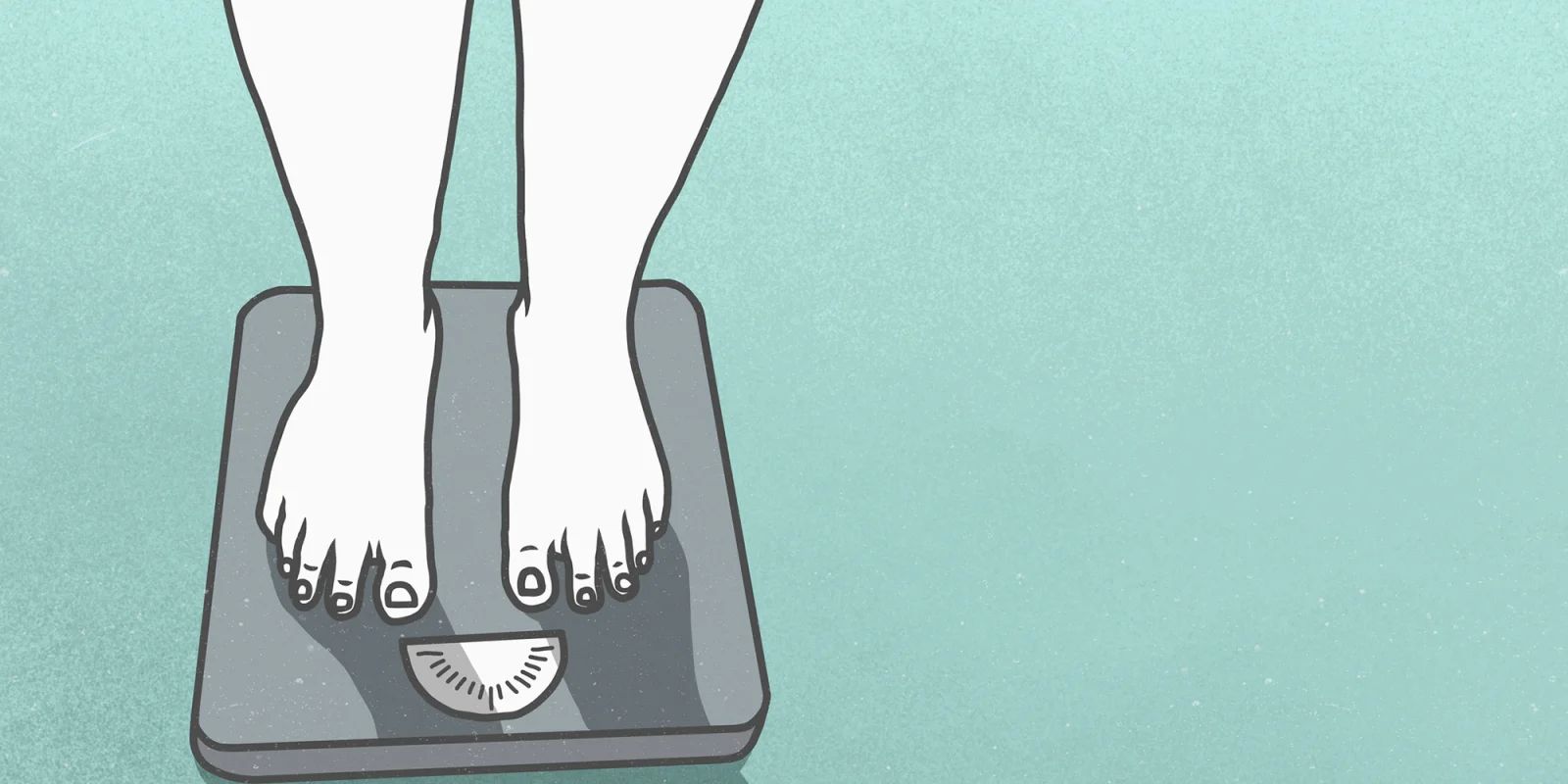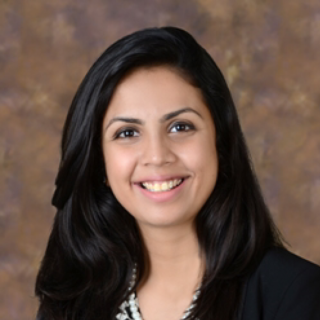
I wake up in the morning, groggy and not willing to start my day. As I head towards the bathroom feeling cranky about waking up so early, I still remember to hop on to my weighing scale. As the zero creeps up to a higher number, my heart paces. What that number will show may determine how I feel for the rest of my day. It is fortunately or unfortunately the same as yesterday. I neither feel sad nor happy, perhaps deep in my heart I am only looking forward to the next time I will jump on to it. I head towards the kitchen, just get black coffee and walk out. Who has time to eat breakfast when the weighing scale is not so happy with me today?
Do I sound crazy or obsessed? I feel a little of that right now. But let me introduce myself in a better perspective. I love food, I have always loved it. Food has always been the answer to me for my bad and stressful days, and a celebration on happy and joyful ones. Most of the years in my life I have eaten whatever I wanted, without gaining any extra flab. In the last five or ten years, my body's metabolism has started to slow down and I have started gaining extra pounds by eating whatever I have eaten all my life. "The South Asian diet filled with bread and rice." With that unwanted progression in my life, often at parties or gatherings, when I met friends or families after a long time, I was bound to hear some comments. "Wow, you have gained weight!" "I can see a double chin popping on your face." "You look fat in this picture." Being an adult, I was able to process it and ignore it most of the times as I knew this weight gain was happening but was not mentally ready to make a change. Over the years even though my BMI continued to be in the normal range, the occasional reminders by people around me persisted and gifted me with something I didn't deserve. That gift was guilt. The food that was the source of solace in my life turned into guilt. I still did not stop eating what I loved, but I didn't feel so great after I had finished. The guilt pushed me into buying a weighing scale on a Saturday morning Amazon spree, and the rest is history. Would you call this an eating disorder? I am not sure, but I do know that I am now obsessed with my weighing scale and the number on it. And it has great power to determine my happiness.
Switching gears, I am now seeing teenagers in our pediatric and adolescent clinic. Most of the patients I see are struggling in the same boat with their BMI's soaring high. I walk into the room and casually ask them about what their daily diet is. I see a wave of self-consciousness traveling through their face as they answer. Most of them come up with "I am trying to eat healthy," or "I don't eat that much junk food," avoiding the actual question. I sense that both parents and kids are trying to give justifications already, even though I haven't used any word pertaining to "obesity" or "overweight" yet. I still feel that as their doctor it is my responsibility to remind them about the health consequences of an unhealthy weight, so I start my pre-written speech. "You look beautiful today, but I want you to be healthy as well and hence I will discuss with you some options for a healthy lifestyle and diet. We do want to obtain some labs on you today as with this weight you may be at risk for diabetes and increased cholesterol. And I want to see you back in 3 months to monitor your weight." They nod in agreement. I feel a sense of achievement.
I walk out and head on to see my next patient. Someone who I had given the same speech to months ago. I look at the growth chart and see that the BMI has risen from the last visit. And very quickly my achievement switches to despair. I start thinking about myself and the constant reminders I received from people regarding my weight. At that time, I knew what was going on with my body, but I did not want the constant reminders. I did not want the guilt. I just wanted to feel ready within myself to make the change. People constantly reminding me that gaining weight was bad, and then praising me when I started losing weight made me think enjoying food was bad. That you can only look good if you are skinny.
Do I want to do that to my young patients with immature minds? I wonder. Although it is my job to make sure they are healthy, I also don't want them to feel guilty with my constant reminders. I also don't want them to confuse their self-worth with their weights on the scale. I don't want to be the trigger for an eating disorder. I don't want to assume they want to talk about it and start a speech if they don't feel ready yet. What if we had a screening question for all patients regardless of BMI before we walk into the room asking: Are you interested in talking about your weight today? As physicians is it time for us to reconsider talking about weight as an option, instead of an absolute responsibility?
Saba Fatima, MD, originally hails from Karachi, Pakistan and is currently training as a pediatrics resident in Philly. She has a passion for children and writing, and she hopes for a world where no child has to die because they can’t afford to live. She was a 2018 Doximity Scholar. She tweets @SabaFatimaAli and blogs here.







